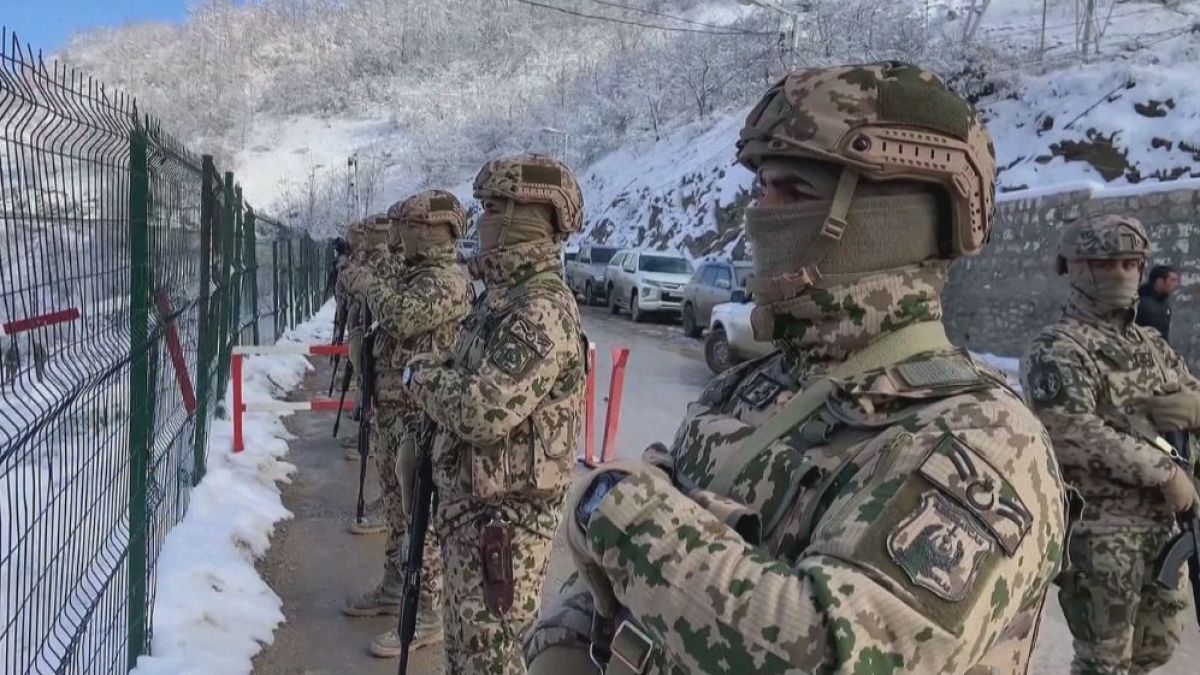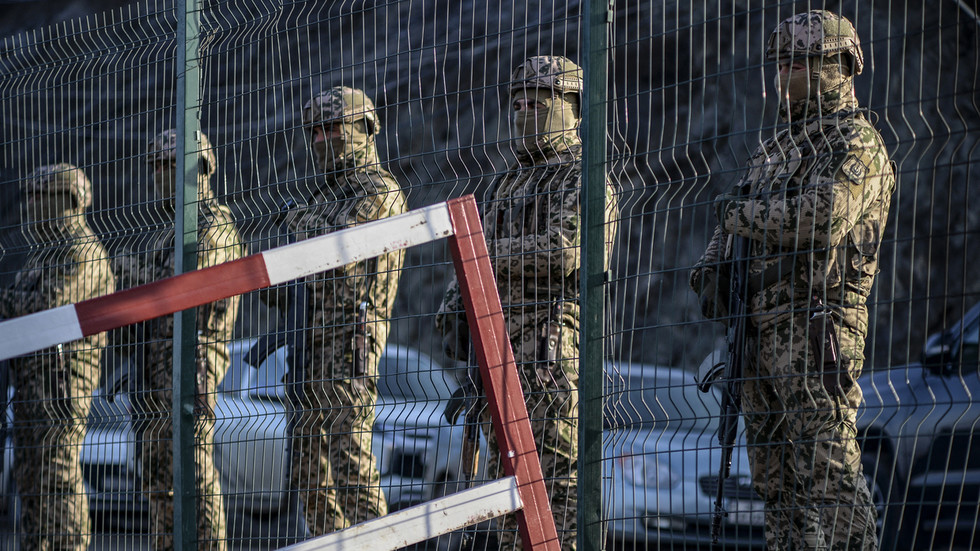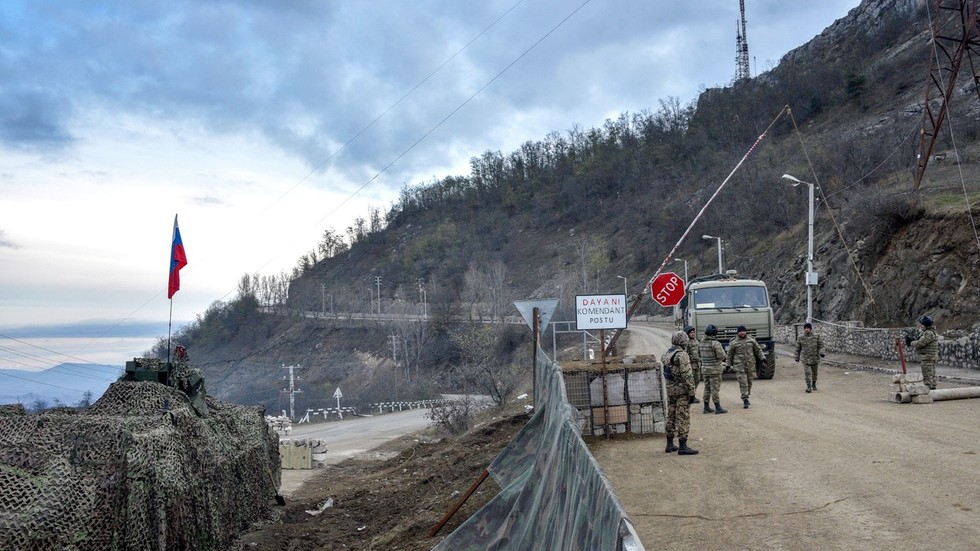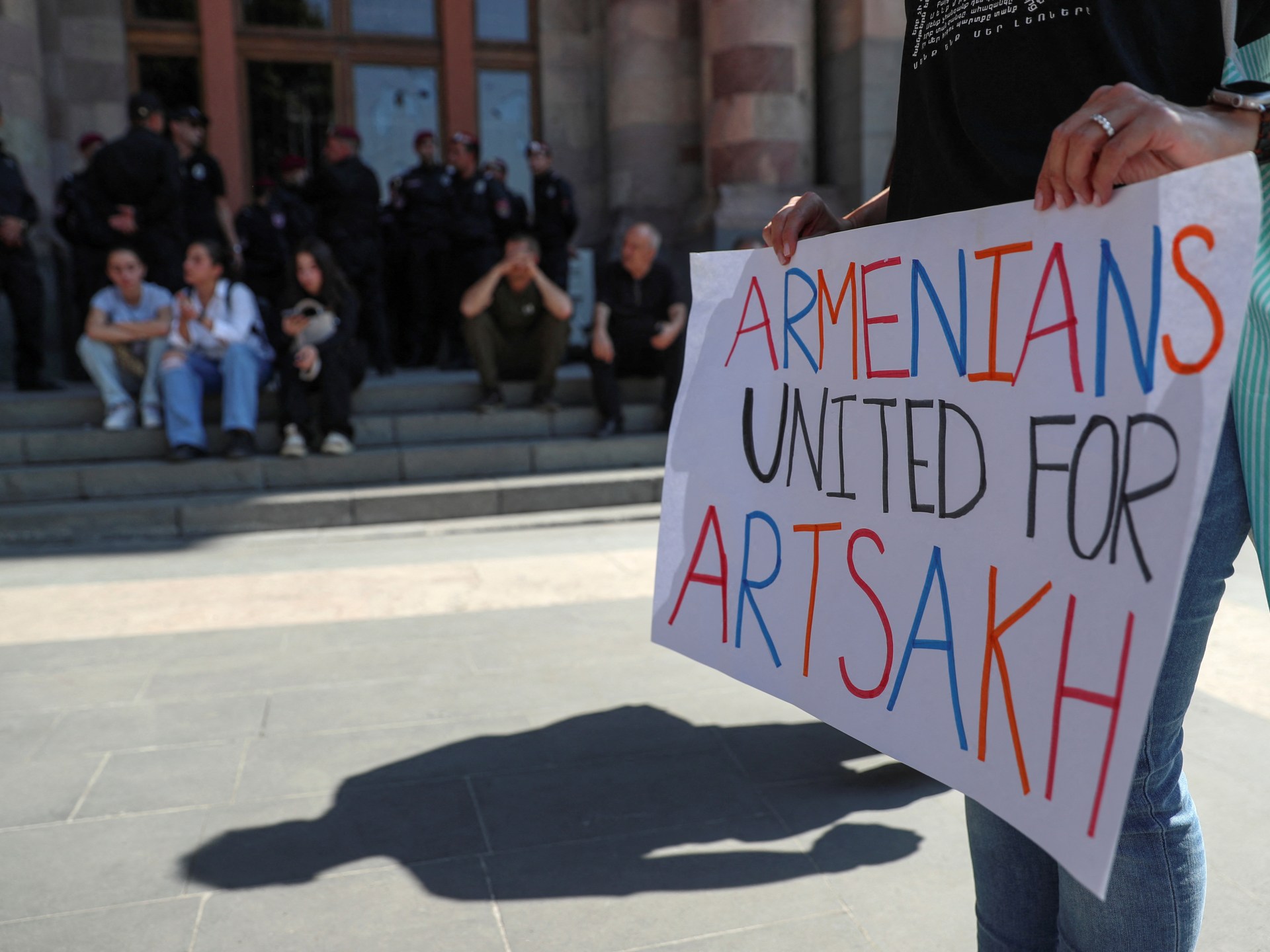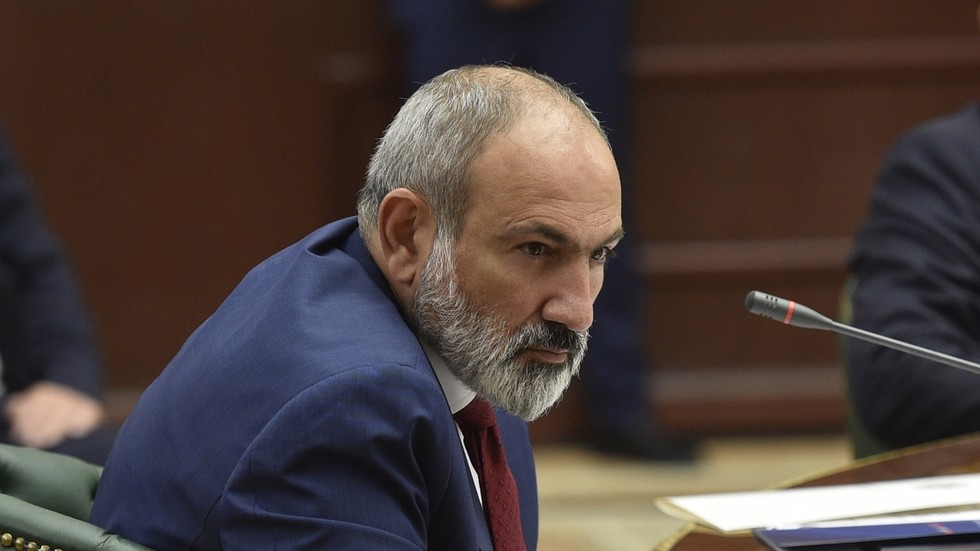Impact of the Russian invasion of Ukraine
In March 2022, after the commencement of the
Russian invasion of Ukraine, over 40,000 Russian professionals and programmers fled to Yerevan. Half stayed briefly and then moved on. The rest reestablished themselves using internet connections that kept Armenia connected to the world while Russia was increasingly cut off. In addition to IT experts, the exodus included many bloggers, journalists and activists who faced arrest for criticizing the war in Ukraine. Interviews indicated that none of the exiles encountered hostility in Yerevan. They can enter Armenia without visas or passports and remain six months; Russian is widely spoken.
[25]
Relations between Russia and Armenia continued to deteriorate throughout Russia's invasion of Ukraine. In February 2023, Armenia refused to return to Moscow for negotiations while the Lachin corridor was closed. Russian Foreign Minister Sergey Lavrov publicly acknowledged Azerbaijan's rationale for the 2020 aggression.
[26] This escalated further as the
International Criminal Court announced on 17 March 2023 that it had issued an
arrest warrant for Putin. As Armenia is a signatory to the
Rome Statute, Armenia would have a legal obligation to arrest Vladimir Putin should he enter Armenian territory.
[27] In April 2023, Russia enacted a ban on imports of Armenian dairy products, widely seen as a retaliatory move against Armenia.
[28]
On June 2, 2023, Armenian Prime Minister Nikol Pashinyan stated that Armenia is not an ally of Russia in the context of the war in Ukraine.
[29] On September 3, Pashinyan further stated that relying on Russia as its principal security guarantor proved to be a mistake for Armenia.
[30] Three days later, the Russian government expressed concern at Armenia's intention of staging military drills with the
United States, as part of Armenia's attempts to further improve defence ties with western countries.
[31]

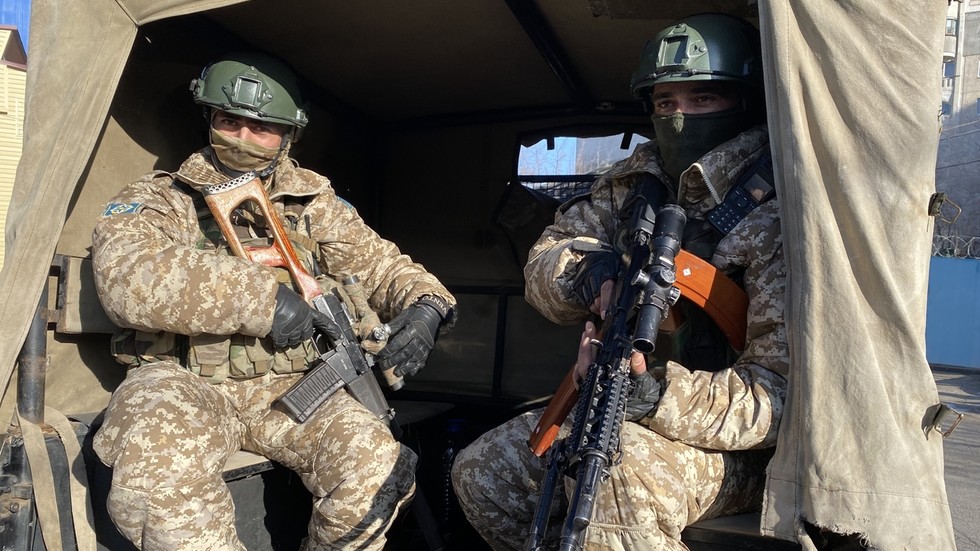
/cloudfront-us-east-2.images.arcpublishing.com/reuters/XCM7NHWFJRNANLAHECY4IA7GDU.jpg)

